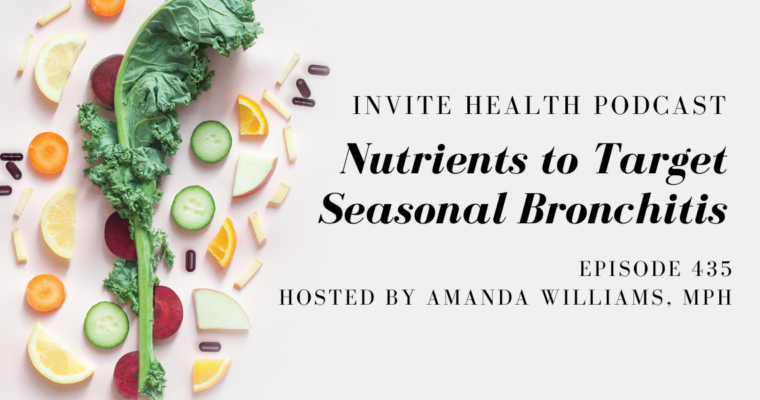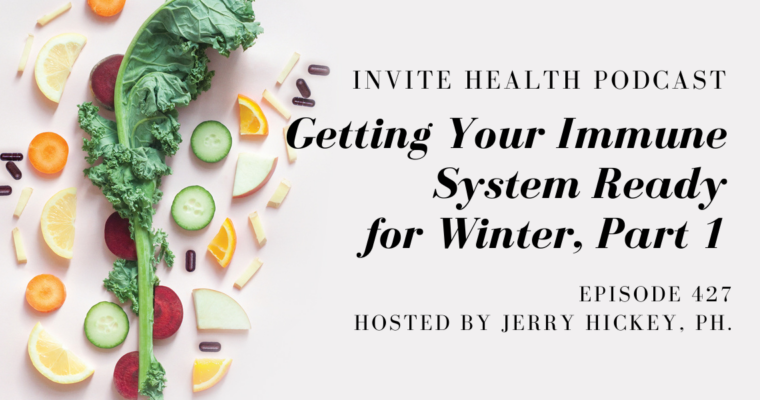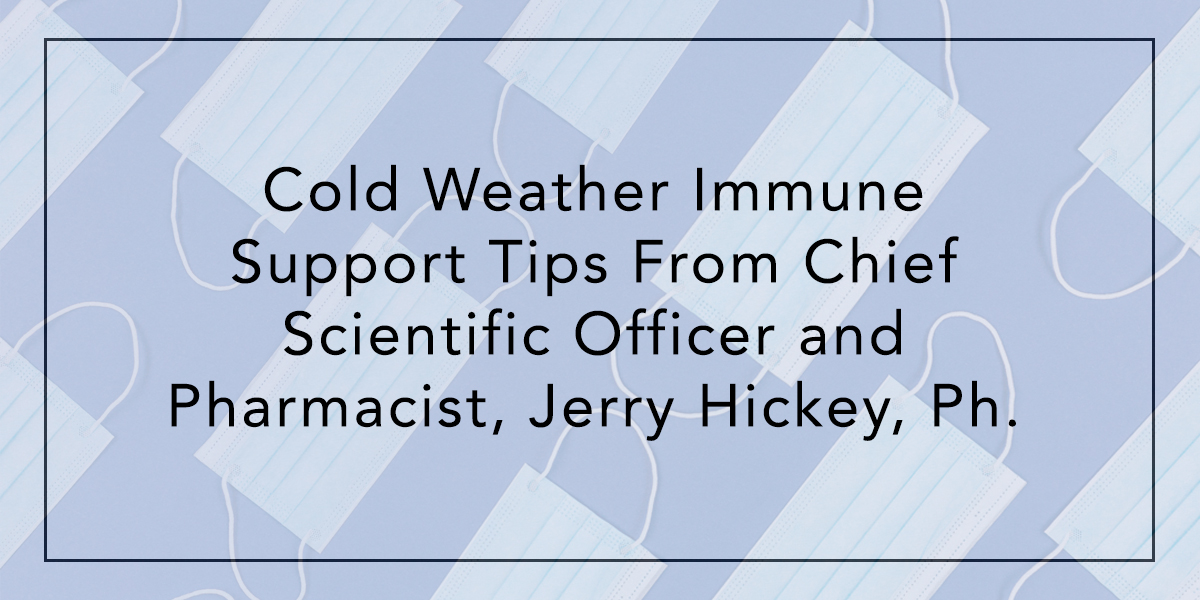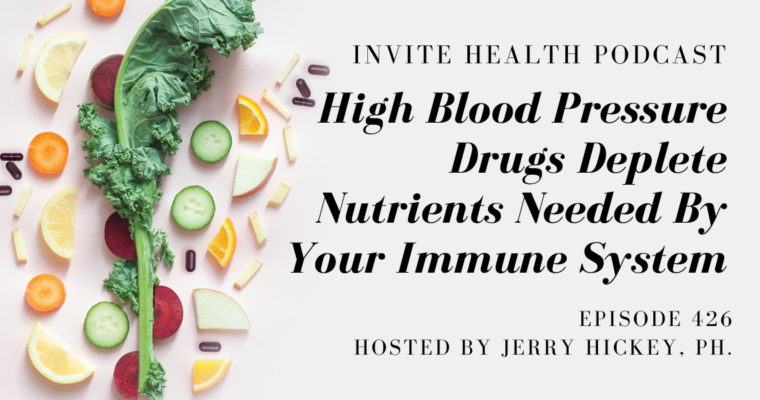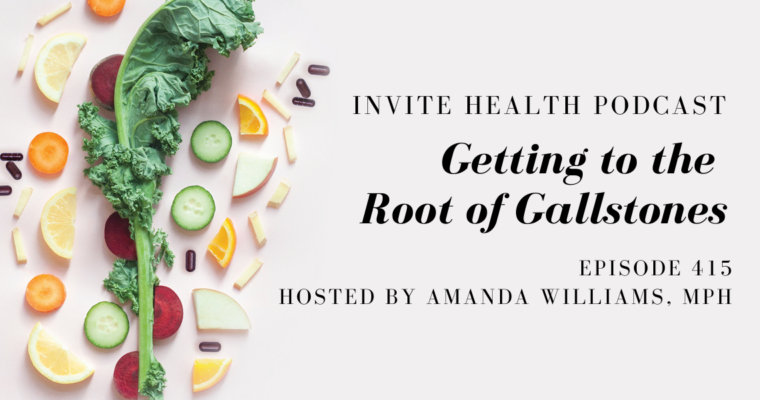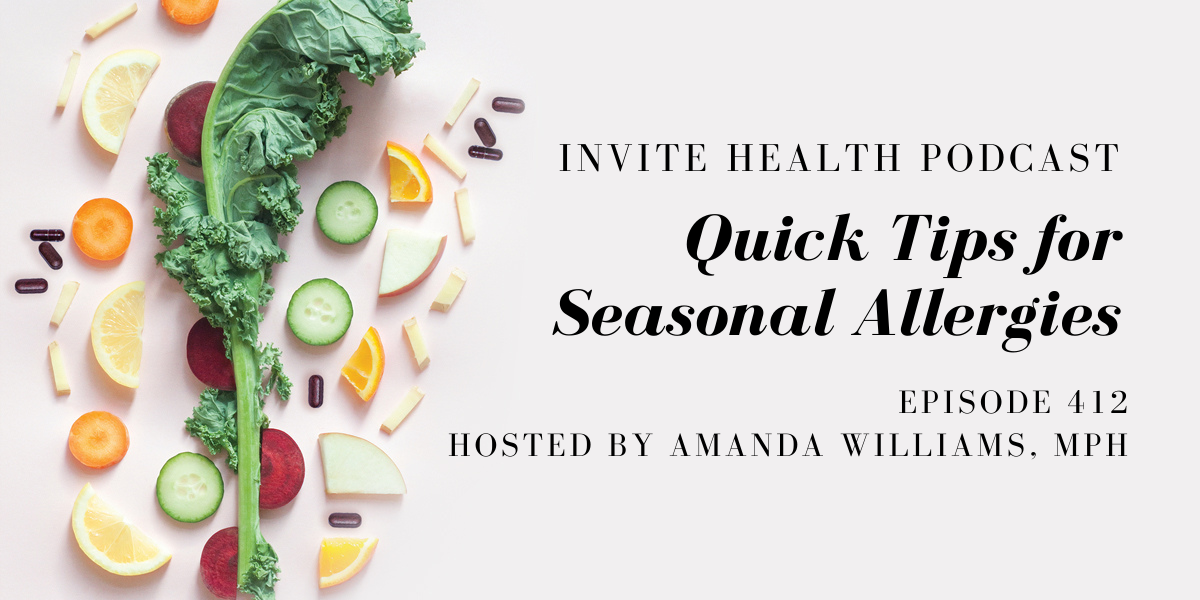Written by Jerry Hickey, Ph.
As the weather begins to get colder, there are factors that change that can impact our body’s ability to protect itself. It’s important to be aware of these changes and how they impact the way viruses spread during the fall and winter, as well as how this affects our overall immune health.†
How weather impacts viruses
There are concrete reasons for getting sick with a virus more frequently in winter than in summer. The atmosphere directly contributes. The air outside is a lot heavier in the summer. It is loaded with moisture that makes the air thicker and heavier, so a sneeze or cough can thrust air carrying a virus a shorter distance in the summer, causing the virus laden air to quickly drop to the ground.†
In the winter the air is very dry. Coughs can shoot viruses for ten feet at 100 miles per hour, while a sneeze can travel at half that speed for about 5 feet. It’s also very cold outside, so we are more frequently clustered together inside at a close proximity. The air inside is more arid, it’s as dry as the Gobi Desert. That sneeze or cough is more likely to reach us. To make things worse, many viruses thrive in colder air. The flu and cold viruses are stronger and more infective in winter versus summer.†
Changes in nutritient levels in the fall and winter
Additionally, there are seasonal variations in the level of nutrients in our body that are key for the function of the immune system and responsible for our ability to survive dangerous infections. There are seasonal variations in our body’s levels of zinc, Vitamin C and Vitamin D. There is less to go around in our blood during the fall and winter months. Their levels decline and this is bad news for our immune systems.†
Zinc is needed to create immune cells and it has an incredibly important job to do. It is needed to make antibodies. Antibodies are made in response to an infection or a vaccine. The antibodies fit a virus or bacterium perfectly and call in other immune cells to slice and dice the specific infection. Fewer antibodies translates to lowered resistance, increased risk of serious infection and increased risk of reinfection. Research shows that older people and children who are low in zinc have a higher risk of developing pneumonia and other infections. In Africa, where zinc levels are frequently low, it is much more common to develop diarrheal diseases. A recent review of human clinical studies shows that taking zinc within the first 24 hours of developing the symptoms of a cold shortens its duration and reduces the severity of its symptoms. You are less sick and for a shorter time. Taking zinc in the fall and winter is a good strategy to achieve optimal immune system function. I would shoot for about 30mg a day to help build up your zinc level. Supplementing with zinc is even more important with age because it becomes harder to absorb zinc from our food. Additionally, many commonly prescribed medications used by the elderly can deplete zinc.†
NEW FINDINGS: COVID-19 AND ZINC – INVITE HEALTH PODCAST, EPISODE 248. Listen Now>>
Like zinc, our level of Vitamin C declines in the fall and winter. Vitamin C is required for chemotaxis and respiratory burst. Chemotaxis is the ability of immune cells to travel to the site of the infection. Respiratory burst is basically the ability of these immune cells to kill the infection. When you are infected, your immune cells soak up the available Vitamin C in proximity, travel to the infection soon after exposure and commence assassinating the virus. With insufficient Vitamin C, fewer cells reach the site of infection and upon reaching it, have a lowered ability to do their job of slicing and dicing. On Long Island during this COVID-19 pandemic, doctors at Northwell Health hospitals are giving infected hospitalized patients Vitamin C by infusion to improve their chances of fighting off these more serious cases increasing their chances of surviving.†
There is very little Vitamin D in our food. Most of our Vitamin D is expected to be made via an interaction with the sun’s ultraviolet radiation and the cholesterol in our skin. This form is not yet active, but is an inactive storage form of the vitamin called 25-hydroxycholecalciferol and it is then stored in our liver. Later on, some of it is released and is activated in our kidneys for generalized activities. More recent research has shown that our immune cells can also activate Vitamin D, illustrating how important it is to our immune system. The greatest issue is we show less skin and receive less sunshine in the fall and winter. Add to this the lessened ability of darker skin tones or older skin to create the Vitamin D precursor out of sunshine and we have a real drop in our plasma level of vitamin D in the colder weather. Our levels plummet if we don’t take a supplement. 2,000 IU a day of Vitamin D3, the preferred form of vitamin D, taken once a day with a meal should be sufficient for many but not all people.†
IMMUNE BENEFITS OF VITAMIN C, ZINC & VITAMIN D – INVITE HEALTH PODCAST, EPISODE 118. Listen Now>>
Nucleotides is a very interesting supplement. I keep bottles at home in my pantry and at the first sign of a cold, I take it. When a virus enters our body it quickly replicates. To meet this head on and defeat the virus, our immune cells must also quickly replicate to match the number of viral cells. This takes a lot of energy. Nucleotides supply quick energy for our immune system.†
More nutrients for the immune system
Here are some additional nutrients that offer powerful support for the immune system during the fall and winter:†
- Beta-glucans are powerful constituents in some edibles. Some mushrooms have a beta-glucan that helps the immune system fight infection. These are beta-1,3-glucans. A great source of beta-1,3-glucans is the lime green algae Euglena gracilis. This is because the beta-glucan in this algae is not coated and is very easy for us humans to digest and absorb giving an immediate boost to our immune systems’ ability to fight viruses. These beta-glucans prime key immune cells to defend us while improving the phagocytic activity of our innate immune cells. These are the cells that literally gobble up and dissolve viruses.†
- Certain strains of probiotic bacteria have been shown to help restore immune system activity in the elderly. The elderly typically have adequate numbers of natural killer cells. These are cells that early on recognize and kill cancer cells and viruses. The problem in the elderly is that these cells no longer work. A number of studies have proven that Bifidobacterium animalis subspecies lactis reactivates natural killer cell activity in the elderly and this happens within the first two weeks of using it.†
- Melatonin is also important for the immune system. Melatonin is known as the sleep hormone. It is released from a little gland within the brain known as the pineal gland when it starts to get dark setting us up for sleep. But melatonin is much more than this. It regulates our nighttime blood pressure and body temperature, plays a part in triggering bone building, learning and memory consolidation, brain repair, and regulating our circadian rhythm which is our internal body clock. This internal rhythm is essential for immune system functions. At night, we are separated from most people and places so our exposure to germs is way down; a time when our immune system can safely be less active and can recuperate. In the daytime we are exposed to many people and places and this is when we need our immune system to be at its most active. If our circadian rhythm is off, our immune system is active at night instead of in the daytime and it is easier for us to acquire an infection.†
- Long-term stress steps on your immune system, making it easier to get sick. A simple, safe, dependable solution is L-Theanine. It comes from the Camellia sinensis plant. L-Theanine very quickly helps to quenche stress hormones. bringing back immune functions. It is not addictive and it doesn’t make you sleepy if you take 100mg at a time in the daytime. At night, taking 200mg or 300mg of L-Theanine in one dose helps clear the head of stress hormones allowing deeper, more restorative sleep for nervous people.†
Please feel free to message me any questions you may have at [email protected] or my staff of healthcare professionals at [email protected]. You can also give us a call at (800) 632-0541 to speak with a nutritionist or visit our website at www.invitehealth.com for a free virtual consultation. Our retail locations are open everyday from 10am-6pm, with curbside pickup available. We are always here to assist you.

